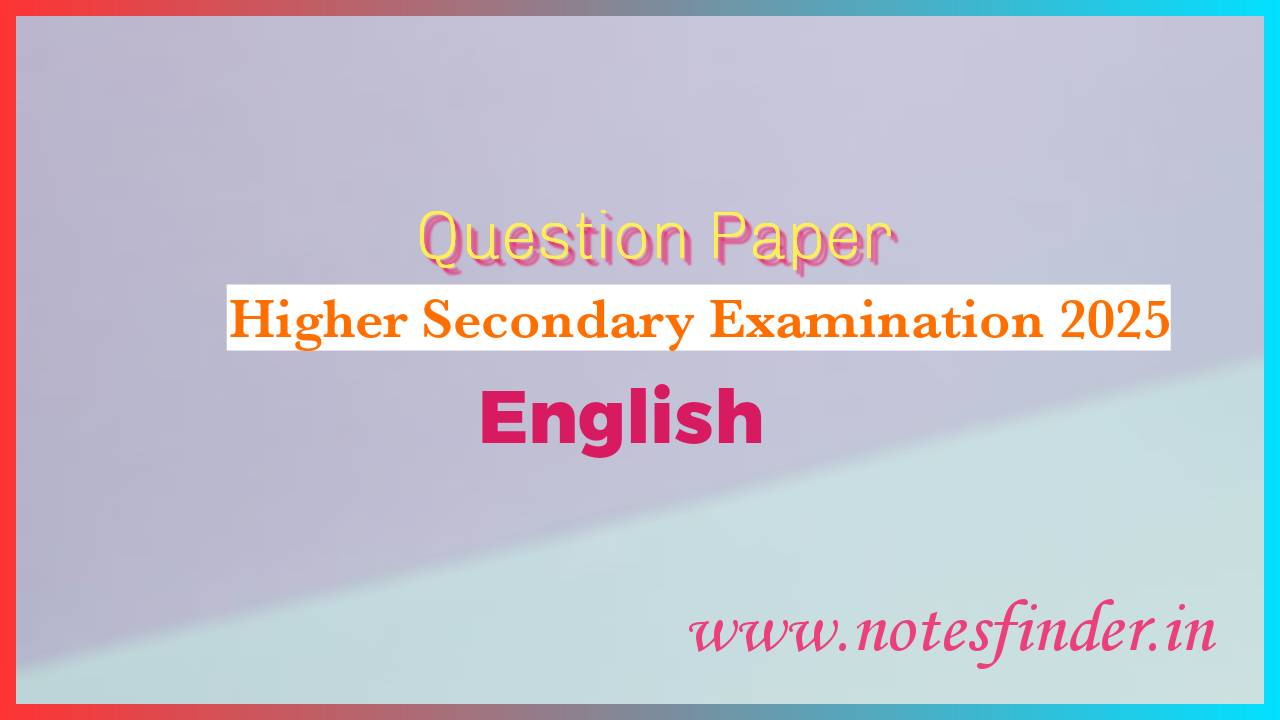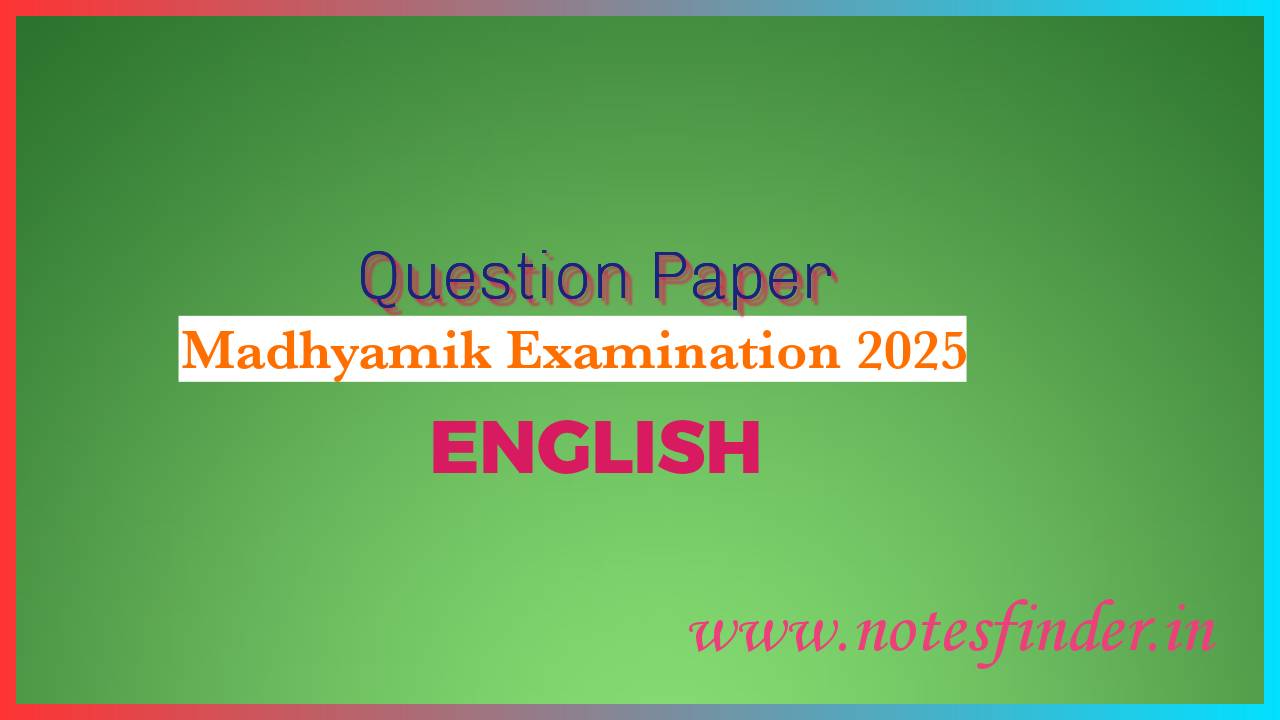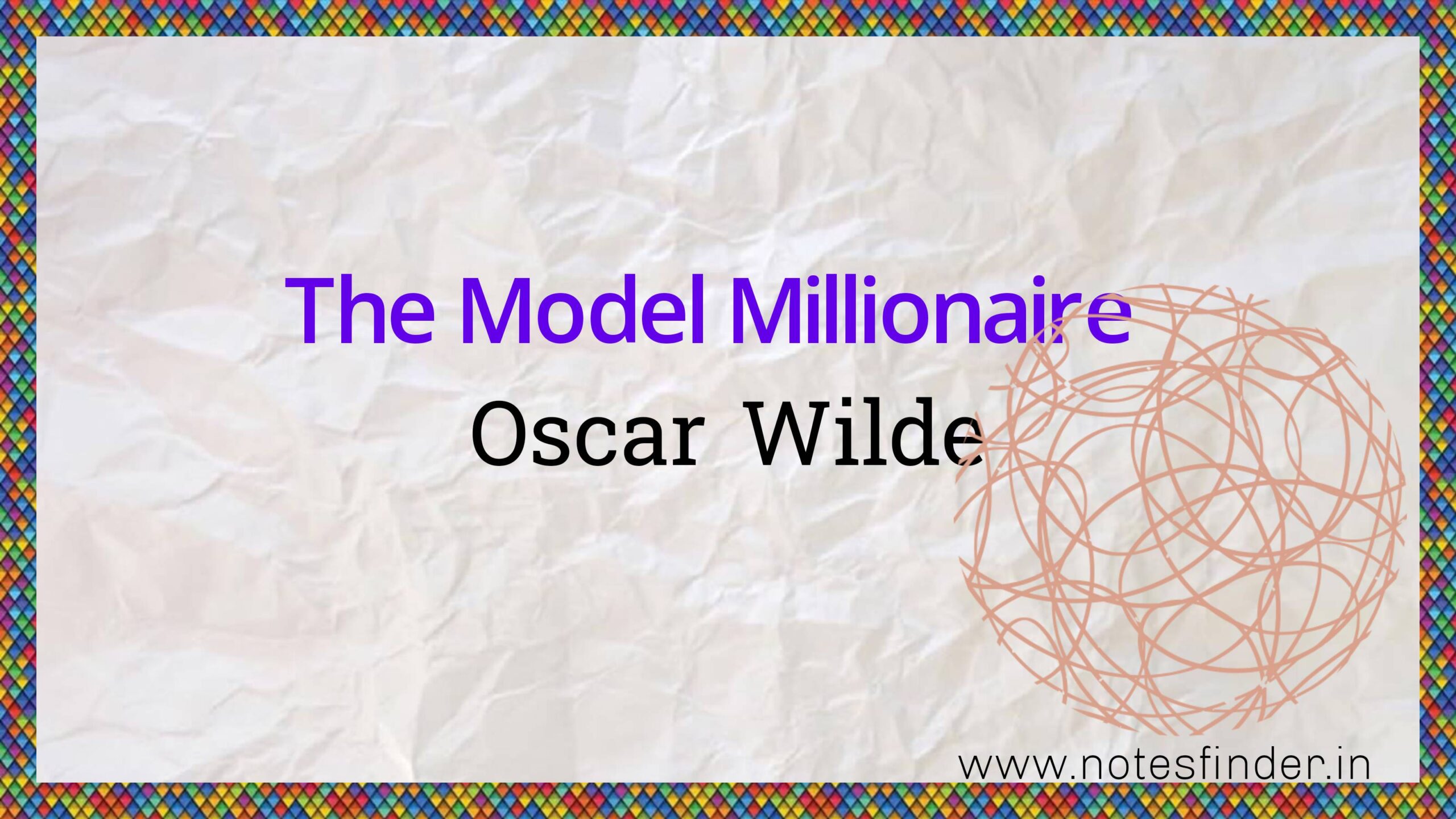1. “Meeting at Night” is a poem of—
(a) Love
(b) Satiety
(c) Hope
(d) None
Answer: (a) love
2. The poem, “Meeting at Night”, is composed by—
(a)William Wordsworth
(b) Robert Browning
(c) Robert Blake
(d) H. W. Longfellow
Answer: (b) Robert Browning
3. The speaker in “Meeting at Night” undertakes a journey by a
(a) boat
(b) ship
(c) car
(d) cycle
Answer: (a) boat
4. The sea, as described in “Meeting at Night”, is—
(a) Grey
(b) Black
(c) Yellow
(d) Green
Answer: (a) Grey
5. The land, as described in “Meeting at Night”, is—
(a) Grey
(b) Black
(c) Yellow
(d) Green
Answer: (b) black
6. The spurt of a lighted match, as described in “Meeting at Night” is—
(a) Grey
(b) Black
(c) Yellow
(d) Blue
Answer: (d) Blue
7. The moon, as described in “Meeting at Night”, is—
(a) Grey
(b) Black
(c) Yellow
(d) Green
Answer: (c) Yellow
8. The moon in “Meeting at Night” is—
(a) Large and low
(b) Large and high
(c) Small and low
(d) Small and high
Answer: (a) Large and low
9. In “Meeting at Night”, the little waves that leap are—
(a) Stirred
(b) Strong
(c) Strange
(d) Startled
Answer: (d) Started
9. In “Meeting at Night”, the sea beach is—
(a) Warm and sea-scented
(b) Hot and sandy
(c) Cold and slushy
(d) Cold and sea-scented
Answer: (a) Warm and sea-scented
9. In “Meeting at Night”, the sea beach is—
(a) One mile wide
(b) Two miles wide
(c) Three miles wide
(d) Four miles wide
Answer: (a) One mile wide
10. In “Meeting at Night”, the expression ‘pushing prow’ refers to—
(a) Static sea
(b) Yellow moon
(c) Wide beach
(d) Moving boat
Answer: (d) Moving boat
11. To reach the farm house, the speaker in “Meeting at Night”, crosses—
(a) One field
(b) Two fields
(c) Three fields
(d) Four fields
Answer: (c) Three fields
12. The speaker in “Meeting at Night”, taps the pane to—
(a) Shut the window
(b) To open the window
(c) To call his beloved
(d) To make a noise
Answer: (c) To call his beloved
13. In “Meeting at Night’, the two hearts beat in—
(a) Fear
(b) Wonder
(c) Excitement
(d) Sorrow
Answer: (c) Excitement
14. The lovers “hearts beating each to each” because they are—
(a) Intoxicated
(b) Excited.
(c) Exuberant
(d) Passionate
Answer: (d) Passionate
15. The speaker in “Meeting at Night”, undertakes a long journey —
(a) At night
(b) During the day
(c) In the morning
(d) In the afternoon
Answer: (a) At night
16. The speaker in “Meeting at Night” undertakes a long journey to—
(a) Meet his parents
(b) Discover a new land
(c) Fight his enemies
(d) Meet his beloved
Answer: (d) Meet his beloved.
17. The meeting, as described in the poem “Meeting at Night” is a/an—
(a) Open meeting
(b) Secret meeting
(c) Unplanned meeting
(d) Forced meeting
Answer: (b) Secret meeting
18. “And quench its speed in the slushy sand…” Here, the sand is ‘slushy’ because
(a) it is very close to the sea
(b) it is very close to a pond
(c) it is very close to the farm
(d) it is very close to the field
Answer: (a) it is very close to the sea
19. ” And quench its speed in the slushy sand…” Here, the expression quench its speed’ means
(a) satisfied its thirst by drinking fast
(b) satisfied the lover by moving fast
(c) satisfied the ladylove by sailing fast
(d) coming to a stop
Answer: (d) coming to a stop
20. The leaping waves symbolize
(a) the lover’s unhappiness
(b) the perilous sea
(c) repressed feelings of the ladylove
(d) the lover’s eagerness to meet his beloved
Answer: (d) the lover’s eagerness to meet his beloved
21. The voice ‘less loud’ belongs to
(a) the woman
(b) the man
(c) the inner voice
(d) the poet
Answer: (a) the woman
22. In the poem “Meeting at Night”, the sea waves are
(a) dashing against the rocks
(b) dancing in the soft air
(c) sleeping in sweet slumber
(d) rising in fiery ringlets.
Answer: (d) rising in fiery ringlets.
23. The phrase ‘warm scented-beach’ connotes
(a) the warmth of the land
(b) the temperature of the night
(c) the smell of salt
(d) the warmth of anticipation
Answer: (d) the warmth of anticipation.
Read More Leela's Friend - RK Narayan Multiple Choice Questions (MCQ) from Leela's Friend Short Answer Questions (SAQ) from Leela's Friend Long Answer Questions (LAQ) from Leela's Friend Karma - Khushwant Singh Multiple Choice Questions (MCQ) from Karma Short Answer Questions (SAQ) from Karma Long Answer Questions (LAQ) from Karma Jimmy Valentine - O. Henry Multiple Choice Questions (MCQ) from Jimmy Valentine Short Answer Questions (SAQ) from Jimmy Valentine Long Answer Questions (LAQ) from Jimmy Valentine Nobel Lecture - Mother Teresa Multiple Choice Questions (MCQ) from Nobel Lecture Short Answer Questions (SAQ) from Nobel Lecture Long Answer Questions (LAQ) from Nobel Lecture The Place of Art in Education - Nandalal Bose Multiple Choice Questions (MCQ) from The Place of Art in Education Short Answer Questions (SAQ) from The Place of Art in Education Long Answer Questions (LAQ) from The Place of Art in Education Composed Upon Westminster Bridge - William Wordsworth Multiple Choice Questions (MCQ) from Composed Upon Westminster Bridge Short Answer Questions (SAQ) from Composed Upon Westminster Bridge Long Answer Questions (LAQ) from Composed Upon Westminster Bridge Meeting at Night - Robert Browning Multiple Choice Questions (MCQ) from Meeting at Night Short Answer Questions (SAQ) from Meeting at Night Long Answer Questions (LAQ) from Meeting at Night The Sick Rose - William Blake Multiple Choice Questions (MCQ) from The Sick Rose Short Answer Questions (SAQ) from The Sick Rose Long Answer Questions (LAQ) from The Sick Rose Brotherhood - Octavio Paz Multiple Choice Questions (MCQ) from Brotherhood Short Answer Questions (SAQ) from Brotherhood Long Answer Questions (LAQ) from Brotherhood Daybreak - Henry Wadsworth Longfellow Multiple Choice Questions (MCQ) from Daybreak Short Answer Questions (SAQ) from Daybreak Long Answer Questions (LAQ) from Daybreak
Class XI English (Mindscapes)Textual Grammar
- Leela’s Friend – RK Narayan
- Voice Change from Leela’s Friend
- Narration Change from Leela’s Friend
- English Grammar (Do as Directed) from Leela’s Friend
- Karma – Khushwant Singh
- Voice Change from Karma
- Narration Change from Karma
- Transformation of Sentences(1) from Karma
- Transformation of Sentences (2) from Karma
- Jimmy Valentine – O. Henry
- Voice Change from Jimmy Valentine
- Narration Change from Jimmy Valentine
- Nobel Lecture – Mother Teresa
- Voice Change from Nobel Lecture
- Narration Change from Nobel Lecture
- Transformation of Sentences from Nobel Lecture
- The Place of Art in Education – Nandalal Bose
- Voice Change from The Place of Art in Education
- Transformation of Sentences from The Place of Art in Education
- Composed Upon Westminster Bridge – William Wordsworth
- Textual Grammar from Composed Upon Westminster Bridge
- Meeting at Night – Robert Browning
- Textual Grammar from Meeting at Night
- The Sick Rose – William Blake
- Textual Grammar from The Sick Rose
- Brotherhood – Octavio Paz
- Textual Grammar from Brotherhood
- Daybreak – Henry Wadsworth Longfellow
- Textual Grammar from Daybreak



